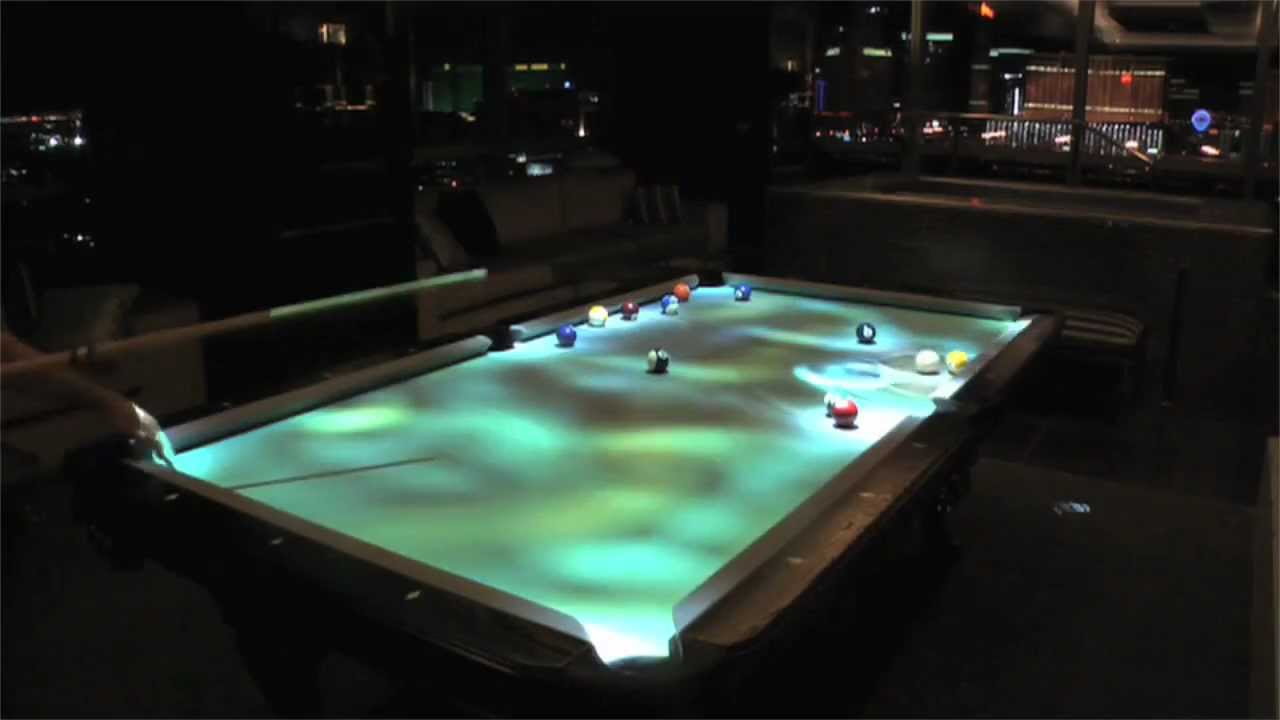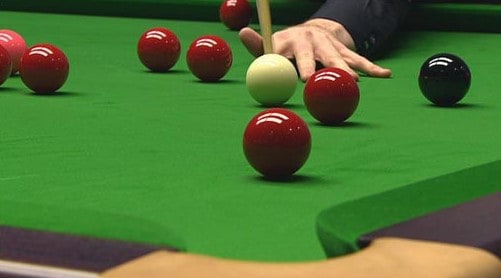
You can make pool balls from many different materials. There are three types of materials: plastic, wood and phenolic resins. Each material comes with its own set of advantages and drawbacks. Despite the numerous options, phenolic resin pool balls are usually the most durable and long-lasting.
They are strong and durable. However, they are scratch-resistant. These balls are generally more expensive but they are well worth the extra cost. These pool balls are also known for their unique feature of high density.
Phenolic Resin (also known as phenolic resin) is a durable and extremely strong substance that has been used across many industries. It is made of phenol and formaldehyde. This mixture is then molded under extreme pressure to form the ball. The material is highly resistant to high temperatures and has high bonding powers. The molecular structure makes phenolic resin more resistant to cracking. Because of this, pool balls made from phenolic resin are up to five- to six times more durable than polyester balls.

Plastic compounds can also be considered very durable and nonflammable. They do have some drawbacks. For instance, they tend to lose their shine quicker than phenolic resin balls. A disadvantage to them is their potential for leaving burn marks on the surface of your table.
Plastics were in their infancy in the 19th century. Leo Baekeland, an American chemist, discovered a new chemical that could mold to make a plastic-like substance. The product was named Bakelite by him and was used in the manufacture of billiard balls. This material quickly became the standard in billiards.
In the United States, it became more popular during the early 20th Century, when wealthy Americans could afford to purchase them. It was still costly, but the material had more durability than wood. The material began replacing wood in the production billiard balls by the 1920s.
Today, most professional pool balls are made from plastic and phenolic resins. This material is far more durable than ivory and wood. It's also slightly more expensive, but it's a great investment for anyone who plays often.

Consider purchasing professional-grade pool balls if you want to get started with billiards. A pool table accessory kit includes extra balls and equipment that will ensure your game stays safe.
Alternatively, you can purchase synthetic materials such as polyurethane or acrylic. These materials are more affordable, but they have some drawbacks. Although they do not lose their shine as quickly than phenolic crystal balls, they are less durable and can easily deteriorate. They are not as scratch-resistant than phenolic resin.
A set of polyester balls is an option if you don’t need phenolic balls. Polyester balls may be cheaper but they aren’t as durable. Some of them might even break. Look for reputable brands when buying polyester balls.